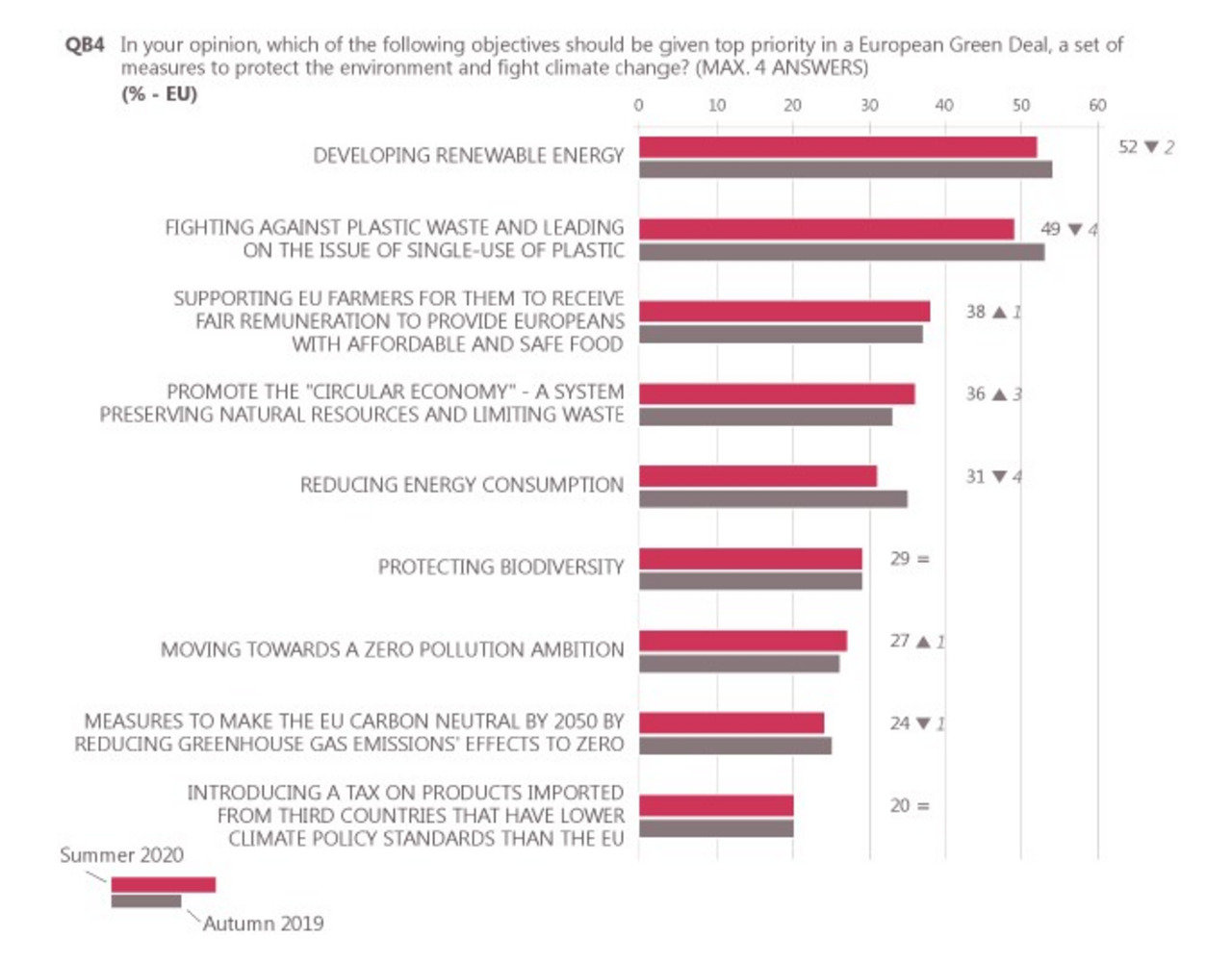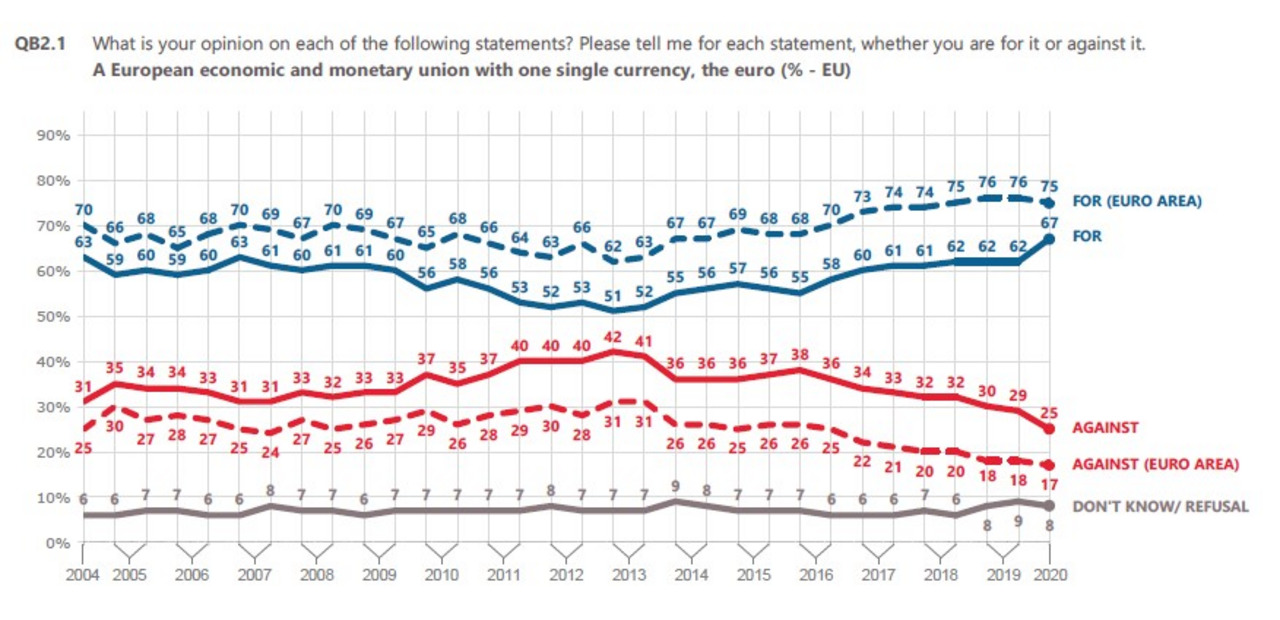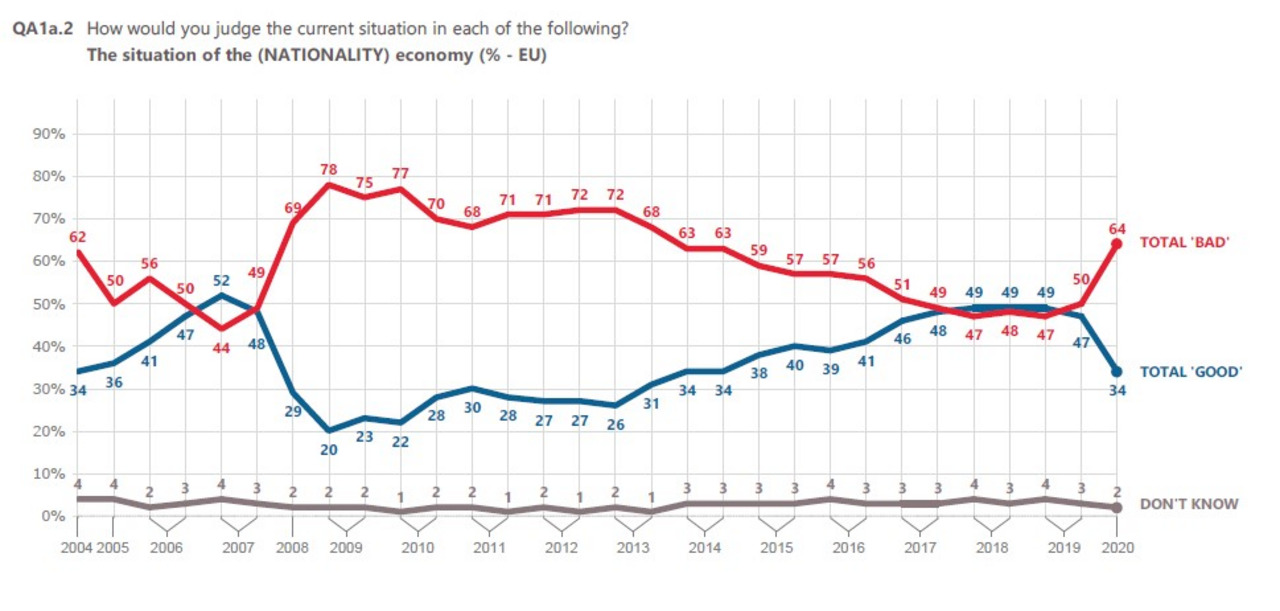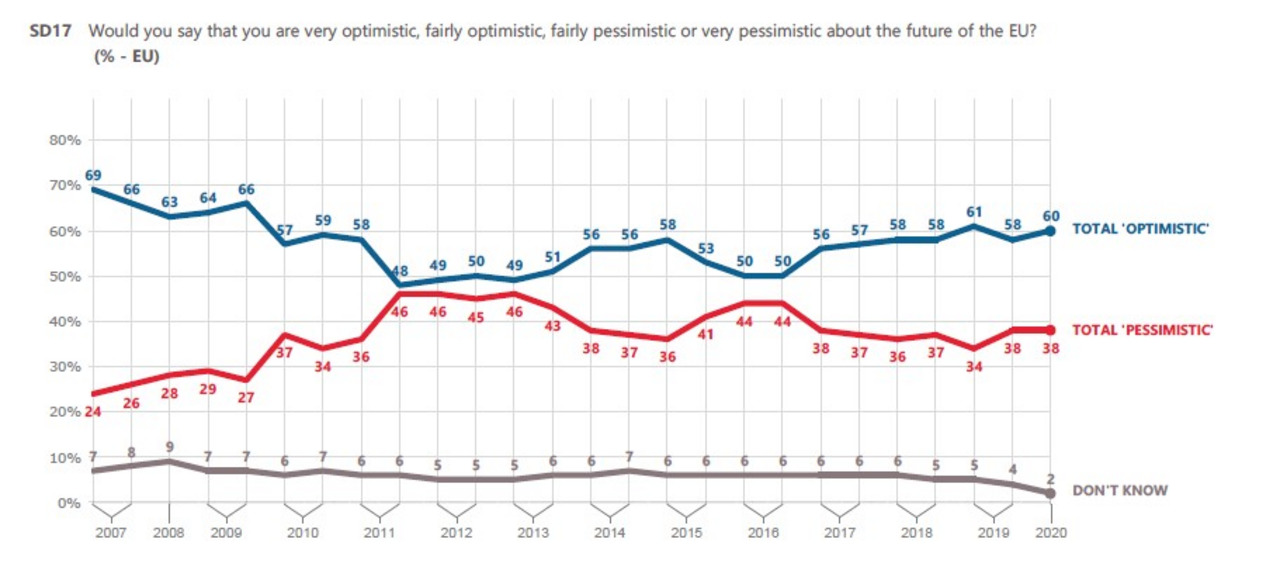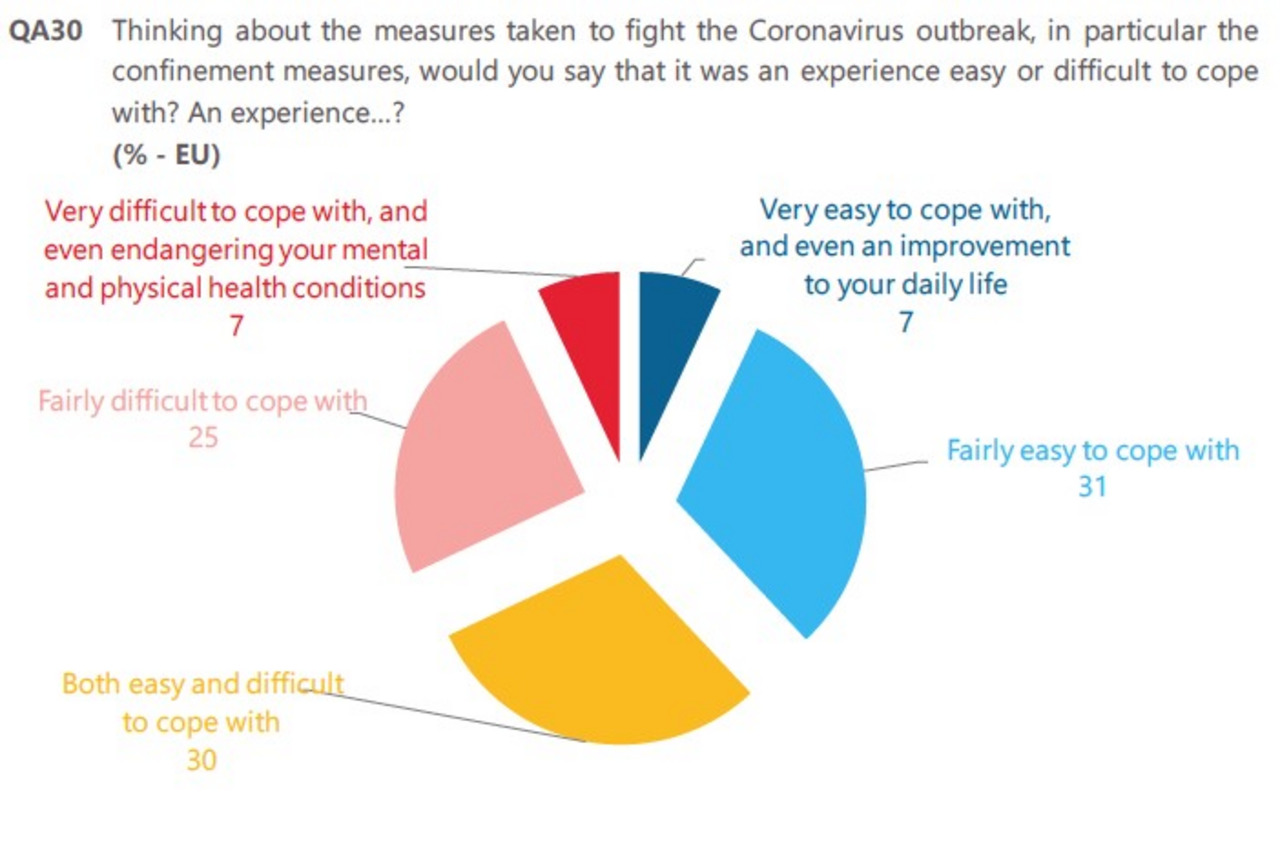Every week, surveys from all across the EU tell us what Europeans are thinking, feeling and talking about. In our segment, eupinions echo, we collect these voices and play them back to you. Each week, we highlight one survey of particular interest in a short blogpost and share daily new survey results via our website and our twitter channel.
In part 1 of this blogpost we took a closer look at the many interesting findings that the recent publication of the Standard Eurobarometer 93 in October 2020 illustrated. We looked at Europeans’ sentiments towards European institutions, their feelings on the state of democracy in the EU, the degree to which people identified as EU citizens and the main concerns that drove Europeans in 2020. Today, we want further explore the Eurobarometer data and compare the report's findings with our own. So, without further ado, here are four more important Issues covered in the Standard Eurobarometer No. 93:
Europeans have a clear idea of a greener future for the EU
The Eurobarometer survey aims to gauge Europeans' sentiments towards various key European policy areas. On the issue of the planned European Green Deal, EU citizens have a clear opinion about which policy objectives should be a top priority for the European Union. 52% of respondents named the development of renewable energy as a top priority and nearly as many (49%) also mentioned the fight against plastic waste and the issue of single-use plastics.



